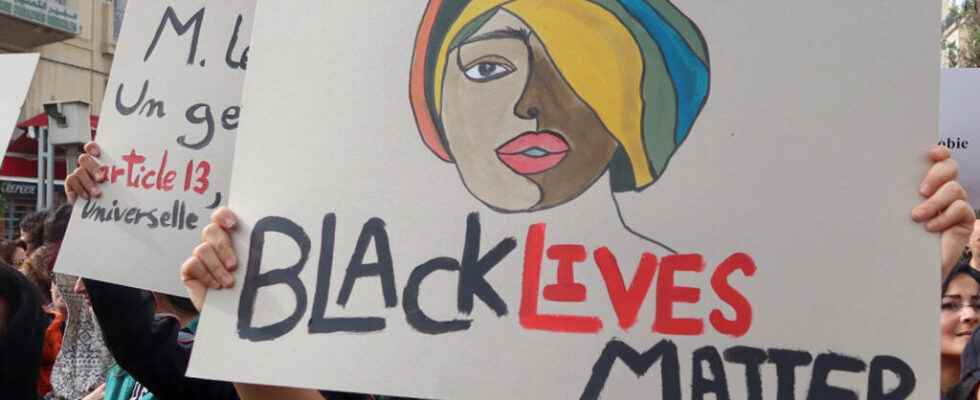The Tunisian government is trying to calm the tone after President Kaïs Saïed’s remarks on sub-Saharan migrants. Strong measures have been announced in favor of sub-Saharan students. But for the migrants who remain, the feeling of insecurity remains. On the occasion of International Women’s Rights Day, Wednesday March 8, discover the journey of Dominique and Sonia, two Ivorians who are reluctant to return home, still hoping to find their place in Tunisia.
Go or stay? The dilemma is there for Dominique and Sonia, two Ivorians living in Tunisia since 2019. One works in an association, the other is a nanny. The beginnings in the country were strewn with pitfalls, as Sonia, 30, explains:
” The different jobs I had to do, I left because there was bad treatment. There was contempt, and then there was exploitation. »
Dominique, 34, suffered from racism: “ You are mistreated on the bus, you are told swear words. You are walking in the street, we see that you are black, the person tells you ”my friend, my friend, sex at ten dinars”. »
► Also to listen: Moncef Marzouki: “Kaïs Saïed’s statements have damaged Tunisia’s image on the continent”
She was able to resist thanks to her desire to work: “ You can only encourage yourself with the work you do. You go to work, you come home, you see life on the bright side, you always take the positive out of it. Dominique does not know if she will stay. She has still not obtained residency:
” If things get even more complicated, I’ll have to go home. You work but you can’t have a bank account, you can’t send money to your family because you don’t have a residence permit. »
Sonia, she says she still feels insecure, despite the tone of appeasement launched by the presidency and the government during the weekend of March 4-5: The problem is that the damage is already done. Currently, I, like all the other migrants, are on the alert. We are on our guard. »
Today, the resilience of these two women is put to the test.
